

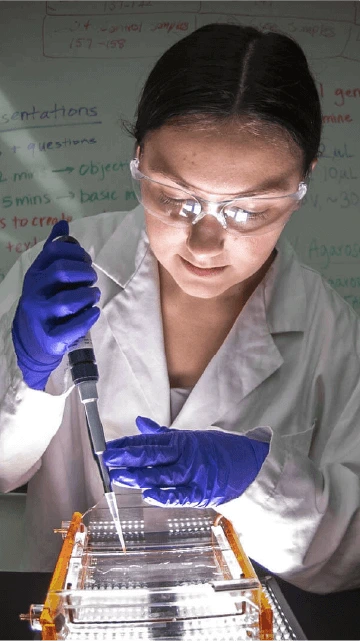

With groundbreaking research and opportunities for cross-collaboration, VCU is for students who aren’t afraid to challenge the status quo. In the M.S. in Biology (non-thesis track), you can follow your curiosity — wherever it takes you — and prepare for a future of unlimited possibilities.
The faculty are very supportive and have been incredibly helpful with preparing me for higher degrees and for a future career in research.”
Your life doesn’t have a template. Neither should your education.
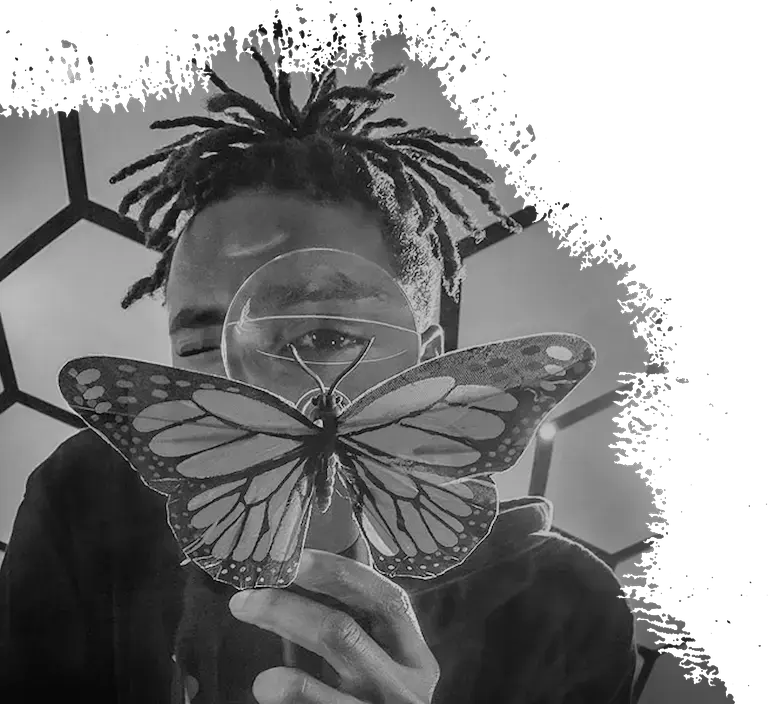
To succeed in science, a master’s degree is critical. VCU’s 2-year M.S. in Biology (non-thesis track) is a comprehensive program that will enhance your knowledge and skills in both cellular molecular biology and ecological sciences—and you can tailor the curriculum to your specific interests and career goals. You’ll also learn alongside students from a range of biology subfields, including biomedical sciences, ecology, developmental biology and evolution.
It’s time to take the next step in your career.
In this program, you can:
As a top 50 public research institution, we’re not afraid to ask questions that don’t have easy answers. Inside our new STEM building, you’ll find everything you need to seek out the unexpected, the experimental and the never-been-tried.

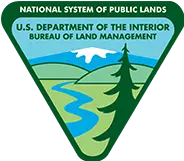



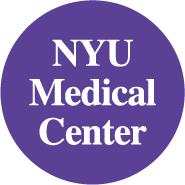

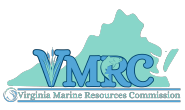

Clinical research coordinators direct the activities of those engaged in clinical research projects to ensure compliance with protocols and overall clinical objectives. They may also evaluate and analyze clinical data.
Environmental review and advisory specialists conduct research that assess environmental health and implement strategies to mitigate environmental impact. They collect, synthesize, study, report, and recommend action based on data from measurements or observations of air, food, soil, water, and other sources. They may also develop and enforce regulations, or promote awareness through education and advocacy.
Fisheries biologists preserve, conserve, propagate, and manage the populations and habitats of fish and other aquatic species, and support the effective use of natural resources. They may advise on the protection and restoration of aquatic resources, or develop and implement fish habitat management programs.
Geospatial analysts use software and geographical (GIS) data to gather, analyze, and present information. They also apply the principles of mapping and spatial analysis to real-world problems, such as creating maps of demographics, economics, public health, or social change that may be used to inform policy decisions.
Land protection managers work for land trusts and conservation organizations to protect the wildlife habitat, biodiversity, scenic value, and other attributes of preserves and conservation lands.
Medical doctors and other health professions diagnose and provide nonsurgical treatment for a wide range of diseases and injuries of internal organ systems. They primarily provide care for adults and adolescents, and are often based in an outpatient care setting. The M.S. in Biology can serve as preparation for medical school or a career in a wide variety of health professions.
Vegetation ecologists study the distribution and abundance of plants, the effects of environmental factors on plants, and the interactions between plants and other organisms.
Take the next step towards a future of
UNLIMITED potential.
Earn you Master’s in Biology (non-thesis track) today.